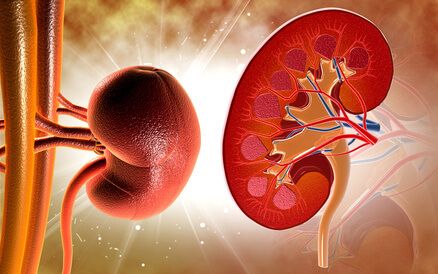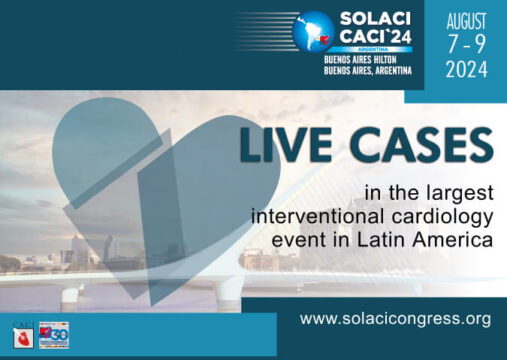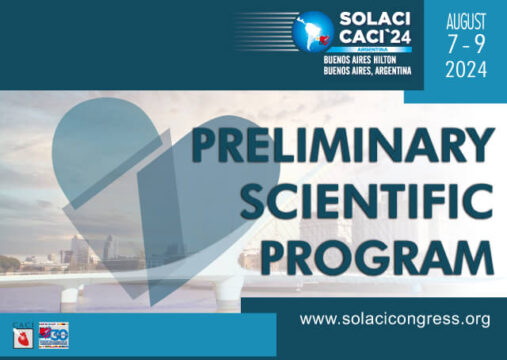Much has been published recently on short term dual antiplatelet therapy (DAPT) both in acute (ACS) and chronic coronary syndrome (CCS) as well as safety of P2Y12 inhibitor monotherapy.

When discussing secondary prevention in patients with established coronary artery disease, aspirin (ASA) has been the preferred drug for the prevention of new atherothrombotic events.
This preference is mainly due to insufficient evidence on the risk and benefits of P2Y12 inhibitor monotherapy after a period of DAPT.
Inspired by this, researchers carried out a systematic review and meta-analysis of randomized studies comparing the efficacy and safety of P2Y12 inhibitor monotherapy vs. ASA monotherapy in the secondary prevention of major adverse cardiovascular events (MACE).
Efficacy primary end point was the presence of MACE. Safety primary end point was major bleeding. Secondary end points included AMI, stroke (ischemic and hemorrhagic) and all-cause mortality.
9 randomized studies were selected including 61623 patients: 5 comparing ASA vs clopidogrel and 4 comparing ASA vs ticagrelor. Most patients presented and an ischemic coronary event (29.9% SCA, 20.1% SCC) or a stroke (39.5%), and one study included patients with a history of cardiovascular disease (CAPRIE).
Patients on P2Y12 inhibitor monotherapy saw 11% MACE reduction, a significant one compared against ASA (RR 0.89, CI95% 0.84-0.95), regardless the kind of P2Y12 inhibitor. MACE reduction was at the expense of AMI (with no difference in stroke or all-cause mortality). Bleeding risk was higher (RR 0.94; CI95%: 0.88-1.30) and any bleeding (RR 1.08; CI95%: 0.88-1.30) was similar.
Conclusions
This systematic review recently published in the European Heart Journal Open (European Society of Cardiology) has shown, through a meta-analysis, that monotherapy with P2Y12 inhibitors significantly reduced MACE risk by 11% and AMI risk by 19% in the secondary prevention of MACE in antiaggregated patients. This happened regardless of the chosen drug, clopidogrel or ticagrelor, and with no increased bleeding risk. Even though these results had no impact in all-cause mortality, using a P2Y12 inhibitor should be considered as a valid alternative for secondary prevention, according to this research.

Dr. Omar Tupayachi.
Member of the editorial board in SOLACI.org .
Original Title: P2Y12 inhibitor versus aspirin monotherapy for secondary prevention of cardiovascular events: meta-analysis of randomized trials.
Source: Aggarwal D, et al. P2Y12 inhibitor versus aspirin monotherapy for secondary prevention of cardiovascular events: meta-analysis of randomized trials. European Heart Journal Open [Internet]. 2022;2(2).
Subscribe to our weekly newsletter
Get the latest scientific articles on interventional cardiology





